Online Privacy
Introduction
Online privacy, also known as internet privacy or digital privacy, refers to the personal privacy that an individual has when they are connected to the internet. It involves the security of personal data that is published via the internet. This data can be anything from an individual's name, address, and age to their shopping habits, medical history, or even their political affiliations. Online privacy is a subset of the larger concept of data privacy and data security.

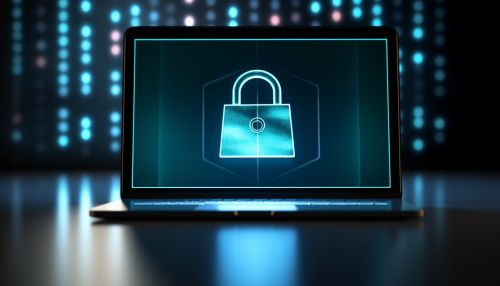
Understanding Online Privacy
Online privacy is a complex and multifaceted issue. It is not just about the protection of personal data, but also about the right to control how that data is collected, used, and shared. This is often referred to as "information self-determination". The concept of online privacy can be broken down into several key components:
Data Collection
Data collection is the process by which personal information is gathered online. This can occur in a variety of ways, such as when a user fills out a form on a website, makes a purchase online, or even just browses the internet. The data collected can include everything from basic contact information to more sensitive data like credit card numbers or health information.


Data Storage
Once data is collected, it is often stored in databases for future use. This storage can be done by the company that collected the data, or it can be outsourced to a third-party data storage provider. The security of these storage systems is a crucial component of online privacy, as any breaches can lead to the unauthorized access and misuse of personal data.
Data Sharing
Data sharing refers to the practice of making personal data available to other parties. This can be done for a variety of reasons, such as for marketing purposes, for research, or for the provision of services. The methods and extent of data sharing can have a significant impact on online privacy.


Data Protection
Data protection involves the measures taken to ensure the security of personal data. This can include technical measures, such as encryption and secure networks, as well as legal measures, such as privacy policies and data protection laws.
Importance of Online Privacy
Online privacy is important for a number of reasons. Firstly, it is a fundamental human right. The Universal Declaration of Human Rights states that "No one shall be subjected to arbitrary interference with his privacy, family, home or correspondence, nor to attacks upon his honour and reputation." This includes the right to privacy online.
Secondly, online privacy is crucial for the protection of personal data. Without adequate privacy measures, personal data can be accessed and misused by unauthorized parties. This can lead to a range of negative outcomes, from identity theft to financial fraud.
Thirdly, online privacy is necessary for the functioning of a free and open internet. Without privacy, users may feel hesitant to express their opinions, explore new ideas, or engage in online activities. This can stifle innovation, limit freedom of expression, and undermine the democratic potential of the internet.
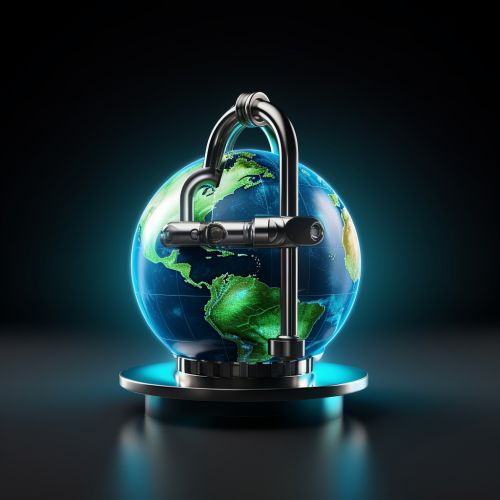

Threats to Online Privacy
There are numerous threats to online privacy, ranging from cybercriminals to corporations to governments. These threats can be broadly categorized into three types:
Cybercrime
Cybercrime refers to any criminal activity that involves a computer and a network. This can include activities such as hacking, phishing, and identity theft. Cybercriminals often target personal data for financial gain, making them a significant threat to online privacy.
Corporate Surveillance
Corporate surveillance involves the collection, analysis, and use of personal data by corporations. This is often done for marketing purposes, to better understand consumer behavior and to target advertising more effectively. While this can have benefits for consumers, it can also lead to privacy violations if not properly managed.
Government Surveillance
Government surveillance refers to the monitoring of individuals' online activities by government agencies. This can be done for a variety of reasons, such as national security, law enforcement, or even political control. While some level of surveillance may be necessary for public safety, excessive surveillance can infringe on individuals' right to privacy.

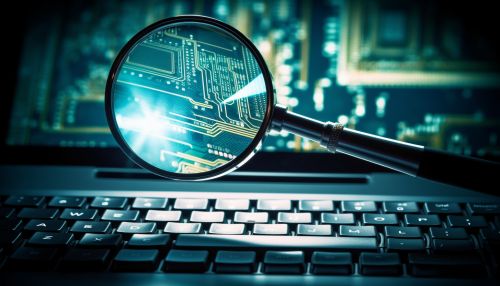
Protecting Online Privacy
There are several strategies that individuals can use to protect their online privacy. These include:
Using Secure Networks
Secure networks, such as Virtual Private Networks (VPNs), can help protect online privacy by encrypting data and hiding a user's IP address. This can make it more difficult for third parties to track and collect personal data.
One of the simplest ways to protect online privacy is to limit the amount of personal information shared online. This can include being cautious about what is posted on social media, avoiding unnecessary online forms, and using pseudonyms instead of real names when possible.
Utilizing Privacy Tools
There are numerous privacy tools available that can help protect online privacy. These include browser extensions that block tracking cookies, search engines that do not track search history, and email services that offer end-to-end encryption.
Understanding and Managing Privacy Settings
Many online services and platforms offer privacy settings that allow users to control how their data is collected and used. Understanding and managing these settings can be an effective way to protect online privacy.


Legal Aspects of Online Privacy
Online privacy is not just a technical issue, but also a legal one. There are numerous laws and regulations around the world that aim to protect online privacy. These include:
General Data Protection Regulation (GDPR)
The General Data Protection Regulation (GDPR) is a regulation in EU law that protects the privacy and personal data of EU citizens. It gives individuals the right to control how their data is collected, used, and shared, and imposes strict penalties for violations.
California Consumer Privacy Act (CCPA)
The California Consumer Privacy Act (CCPA) is a state statute intended to enhance privacy rights and consumer protection for residents of California, United States. It gives Californians the right to know what personal data is being collected about them, the right to delete personal data held by businesses, and the right to opt-out of the sale of personal data.
Other National and Regional Laws
In addition to the GDPR and CCPA, there are numerous other national and regional laws that protect online privacy. These vary widely in their scope and enforcement, reflecting the diverse cultural, political, and legal contexts in which they operate.
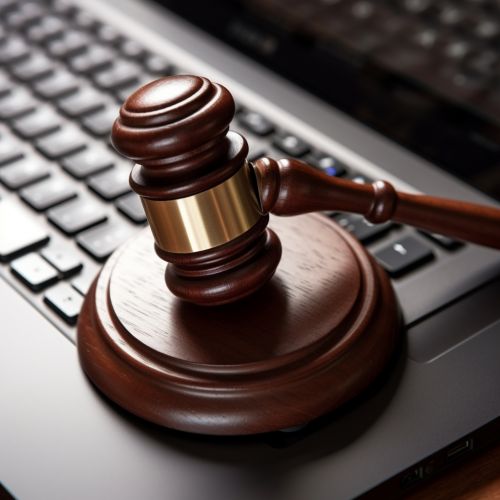
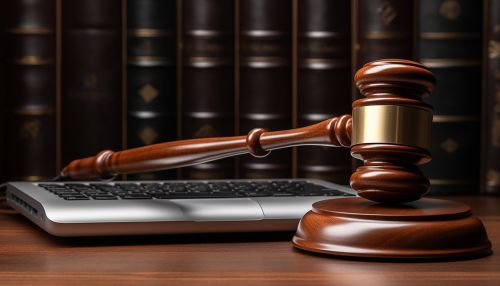
Future of Online Privacy
The future of online privacy is uncertain. On one hand, technological advancements continue to provide new ways to collect, store, and analyze personal data, posing new challenges to privacy. On the other hand, there is increasing public awareness and concern about online privacy, leading to demands for stronger protections.
One potential future development is the increased use of privacy-enhancing technologies, such as blockchain and differential privacy. These technologies can provide new ways to protect personal data, without sacrificing the benefits of data analysis and personalization.
Another potential development is the increased regulation of online privacy. This could involve the introduction of new laws and regulations, the strengthening of existing ones, or the creation of new regulatory bodies to oversee online privacy.
Regardless of the specific developments, it is clear that online privacy will continue to be a critical issue in the digital age.


